(I) Comprehensive mutual visa-free entry
Currently, China has signed comprehensive mutual visa exemption agreements with 29 countries, allowing personnel from relevant countries to visit the Chinese mainland visa-free in accordance with the provisions of the agreements.
(II) Unilateral visa-free entry
At present, China has implemented a unilateral visa-free policy for 47 countries. People from 47 countries including France, Germany, Japan, and Australia holding ordinary passports can enter the Chinese mainland without a visa for business, tourism, visiting relatives and friends, exchange visits, or transiting in China for no more than 30 days.
(III) 240-hour visa-free transit
Citizens of 55 countries including the United States, Brazil, and Russia who hold valid international travel documents and interline passenger tickets with confirmed dates and seats can transit through the Chinese mainland to a third country (region) visa-free via any of the 60 open ports in 24 provinces (autonomous regions and municipalities directly under the central government) such as Beijing, and stay within the designated area in the Chinese mainland for no more than 10 days. Among them, the third countries (regions) include the Hong Kong Special Administrative Region, the Macao Special Administrative Region and Taiwan of China. During their stay, visa-free transit travelers can engage in tourism, business, exchange visits, or family visits. However, activities that require prior approval, such as work, study, or news reporting, still require applying for a visa in advance.
(IV) Regional visa-free entry
The regional visa-free entry policies for foreign nationals mainly include a 30-day visa-free entry policy for foreign nationals from 59 countries entering Hainan Province, among others. Eligible foreign nationals can enter and stay in the Chinese mainland without a visa in accordance with relevant policies and regulations.
For details of the above content, please refer to the "Policy Interpretation" section on the official website of the National Immigration Administration.
Website of the National Immigration Administration:
https://en.nia.gov.cn
Source:Ministry of Commerce of the People's Republic of China
Travel
More+-
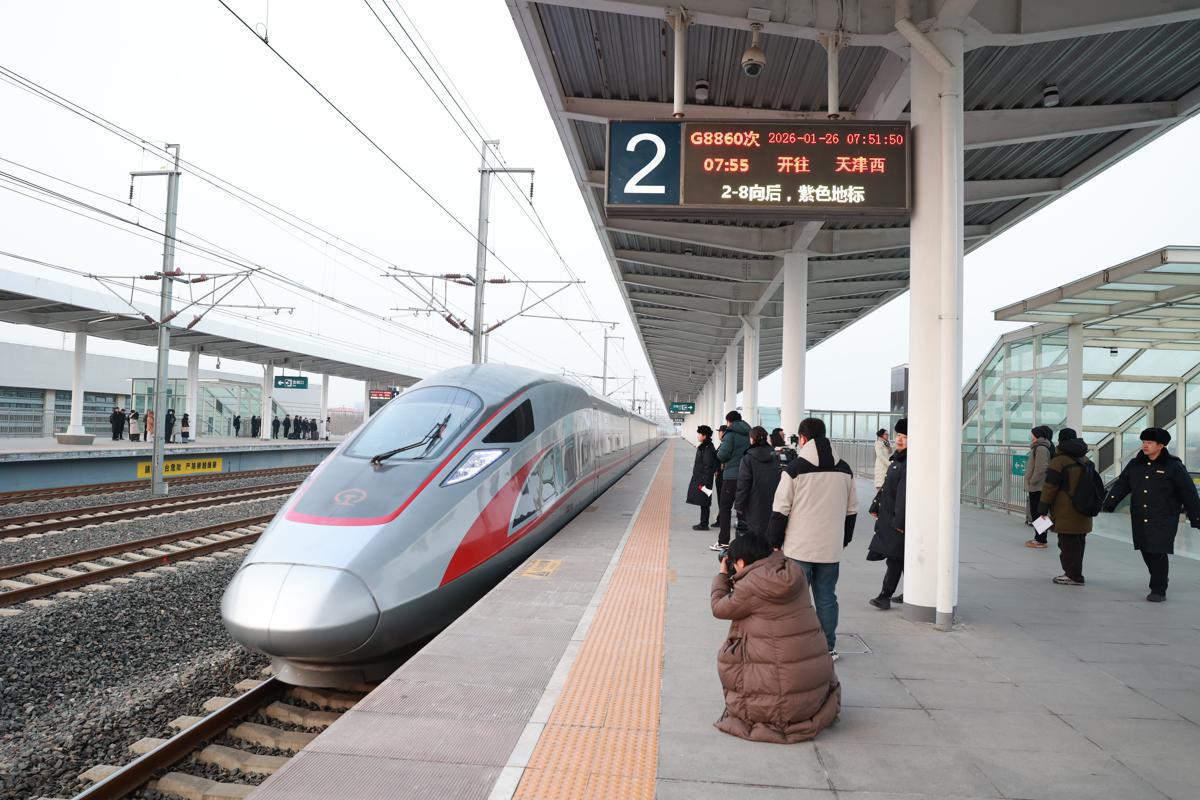
Beijing-Tianjin-Hebei integration to get a push
-
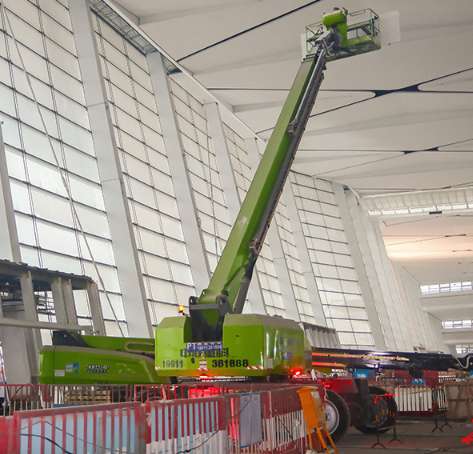
Changsha Airport T3 Terminal Under Construction
-
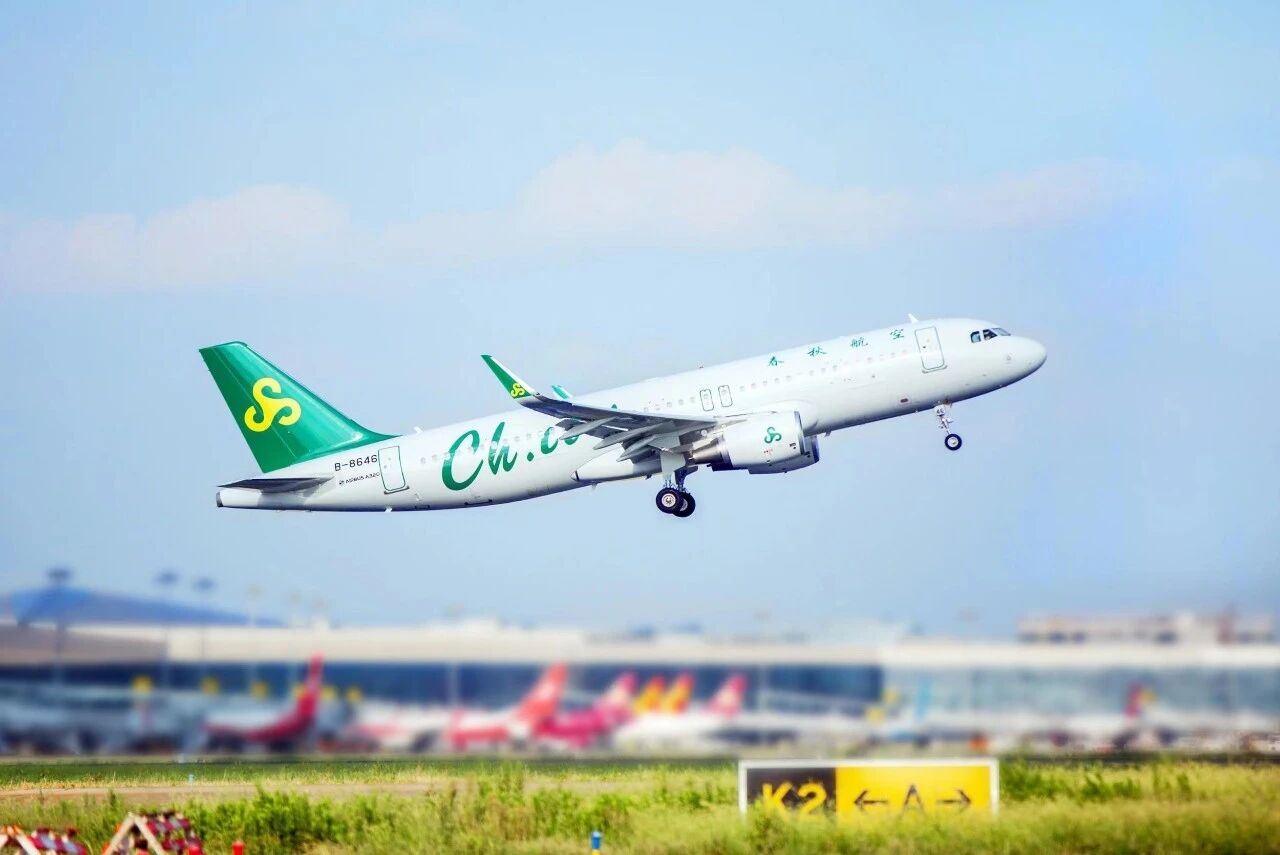
Airlines Increase International Flights from Chengdu
-
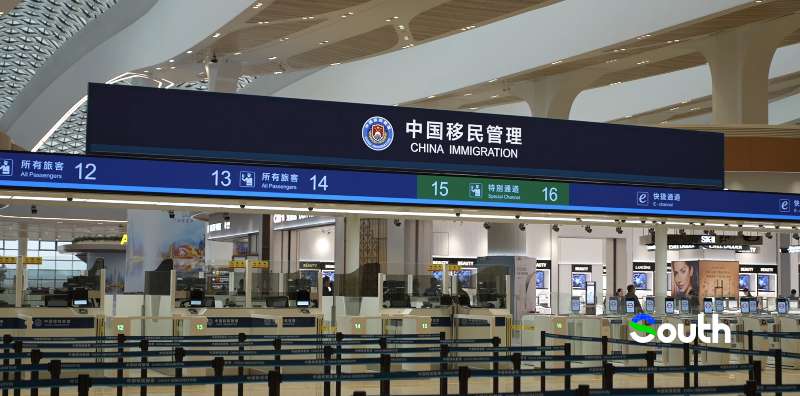
Guangzhou Baiyun Int'l Airport's Terminal 3 begins full international operations
-

Luggage Delivery Available at Three Railway Stations in Chengdu



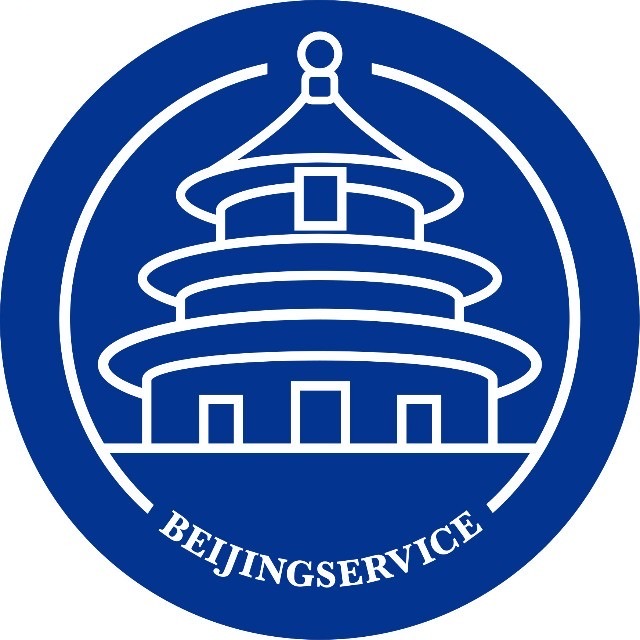





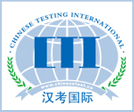

 京公网安备
京公网安备